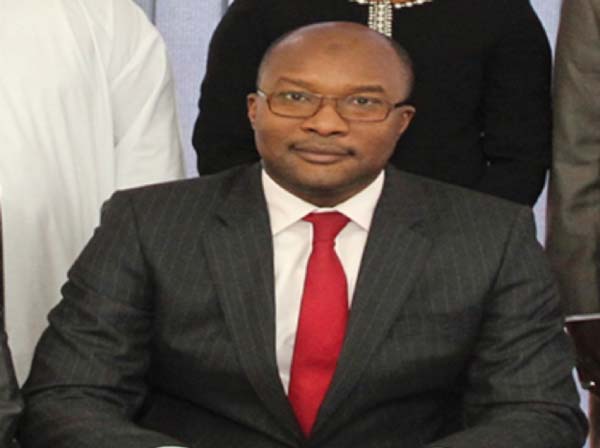
The
president of the Gambia Chamber of Commerce and Industry (GCCI) has said there
is a need for the new government to review the numerous taxes on businesses,
noting that high taxation is inimical to private sector growth.
In
an interview with this paper, Muhamad Jagana said among the taxes that need
urgent review by government is the payroll tax.
“This
will make it possible for people to have more disposable incomes, spend more
money on their lives, improve their quality of living and also help to gel the
economy,” he said, adding that reviewing the payroll tax would help those at
the lower bracket of the tax regime to have more disposable incomes.
Statistics
shows that a high percentage of Gambia’s tax revenue comes from a small group
of businesses and that is the formal economic sector.
“There
is a lot of informal tax system that needs to be formalise,” Jagana affirmed,
saying that the tax base of the economy needs to be expanded and be lessened.
Gambia’s
president had admitted to business operators at a national business awards
dinner on 12 May that his government “inherited a lot of challenges”. Key among the challenges, he said, are poor
energy sector, high tax burden and low investment in the productive sectors of
the economy.
“We
all remember the difficult environment under which the business community,
public enterprises and by extension all Gambians were living under,” President
Barrow said.
On
16 May, President Barrow met a group of French business community in Banjul who
wish to explore possibilities to invest in the cultivation of fruits and
vegetables processing and marketing, shipping, fisheries, and cement industry.
According
to the GCCI president, this is a welcomed development for businesses to come
and forge partnerships with local firms.
Mr
Jagana said: “However, if we have a
policy whereby foreign investors are required to partner with local businesses,
it will strengthen indigenous Gambian businesses, allow them to have more
experience, and develop skills in those particular businesses. So in case your
partner wants to fold up business, you can take ownership and make it your
own.”
Jagana
argued that in order for indigenous businesses to grow in any country, they
need to attract larger investments that would create jobs thereby expanding the
tax base.



